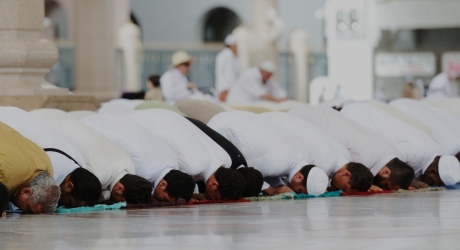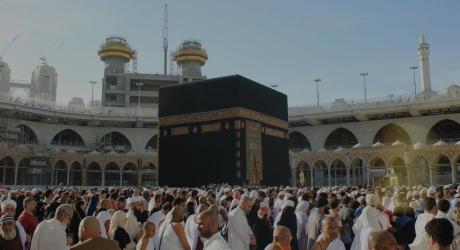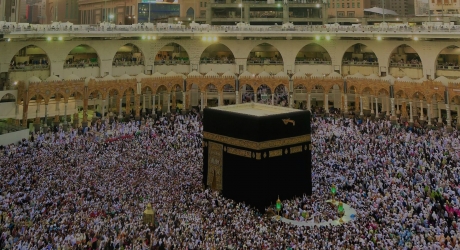The Sunday Guardian | June 01, 2025
In a verse about Hajj, the Quran says:
The pilgrimage is in the appointed months. Whoever intends to perform it during them must abstain from indecent speech, from all wicked conduct, and from quarrelling while on the pilgrimage. Whatever good you may do, God is aware of it. Make provision for yourselves—but surely, the best of all provision is God-consciousness. Always be mindful of Me, you that are endowed with understanding. (The Quran, 2:197)
Hajj, for the Arabs, was an ethnic festival, not an expression of the worship of the one God. In pre-Islamic times, Hajj was associated with all sorts of practices that are characteristic of tribal or ethnic festivals. Islam put an end to these. In this context, the Quran, as the above verse tells us, forbade things like indecent speech, wicked conduct and quarreling during Hajj, things that are forbidden even in ordinary circumstances but which are to be avoided with particular care during Hajj. One major reason for this is that because when an occasion demands travel and a large number of people coming together, the chances of such misbehaviour are greater. If a person is not fully conscious of such matters, it is possible that he may indulge in such activities, willingly or unwillingly. Since Hajj involves travel and a large gathering, such misbehaviour is clearly and explicitly forbidden.
One of the most dangerous things that constantly threaten to undermine collective harmonious living is one’s tongue.
The Quranic instruction regarding Hajj highlights that it is not merely a physical journey, but a profound spiritual exercise. During this sacred pilgrimage, one is required to refrain from indecent speech, sinful behavior, and arguments—actions that erode both personal piety and social harmony. While Hajj was once a tribal custom, Islam redefined it as an expression of sincere devotion to God. A true pilgrim is one who embodies restraint, humility, and mindfulness of God. When these values are genuinely upheld during Hajj, they reflect a believer’s elevated character and dedication to a life guided by a higher purpose.
Source: Spirit of Islam, October 2014









